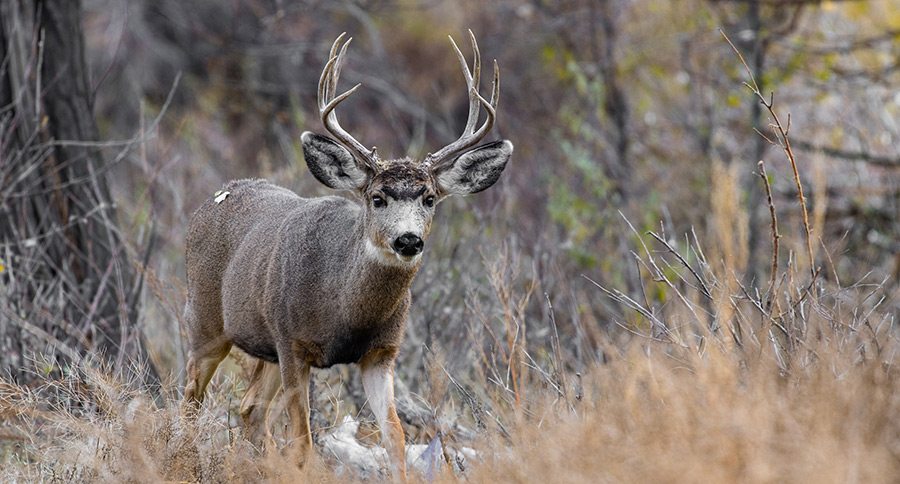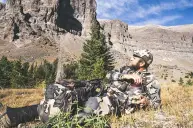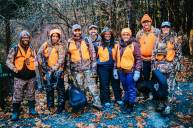Hunting (and those who do it) is changing. Here's what that means for future access.
Hunting is changing... quickly!
That shouldn't come as much of a surprise; everything is changing in today's fast-paced world, and that includes the way we approach recreation.
Take, for instance, the demographics of the average hunter. Whereas before the old-school stereotype of a "hunter" meant someone who eats, sleeps, and dreams of hunting 365 days a year, now people from all walks of life are enjoying a return to the great outdoors.
The problem is that the number of hunters in the United States has been steadily declining since the 1980s, according to the National Survey of Fishing, Hunting, and Wildlife Associated Recreation. In 1980, there were 17.4 million hunters across the nation — that number dropped to just 11.5 million in 2016 when the latest five-year survey was released.
These numbers shows a direct correlation to the USFWS numbers on the decline of waterfowlers in the U.S. as well. In 1970, there were over 2 MILLION waterfowl hunters; in 2015, that number dropped to less than a million (998,600).
There are often several reasons associated with this decline, including shifting demographics, societal changes, and loss of the common "mentoring figure." But one reason that usually tops the list of why hunters decide to leave the field is, simply put, access.
In a study conducted by Responsive Management about hunting satisfaction, 46% of hunters polled said not having enough access to places to hunt lead to their overall dissatisfaction of hunting. Plus, another 44% saying not having ENOUGH places to hunt as their reason. 35% of those polled cited "too many hunters in the field" as their reason — which could also be contributed as an access issue as well.
"The Council to Advance Hunting and the Shooting Sports recognizes that good, quality access to lands to hunt and shoot on is key in helping reverse these trends and should be kept in mind when developing recruitment, retention, reactivation (R3) strategies," says, Cyrus Baird, CAHSS' Programs Director. "The time to think outside the box and develop strategies and partnership to fix the lack of access problem is now — because the future of hunting as we know it depends on it."
Outdoor Access is on to this notion, and that's why their system is so appealing to someone who enjoys hunting and wants to be able to get into the field without much work — they want locations that are within an hour's drive, that are available "on demand" (as opposed to a long-term, expensive lease that obligates them to land maintenance), that are cost-effective, and that can be enjoyed on an exclusive basis, thereby avoiding some of the headaches — and dangers — of crowded public land.
Outdoor Access brings some of the same innovations that have helped transform other established businesses (like AirBnB with lodging and Uber with transportation) to outdoor recreation and land management.
"We see more than just an opportunity to help both landowners and hunters, anglers, campers, etc. in a mutually beneficial way," says Chief Marketing Officer and Co-Founder, Buck Robinson, "In the case of hunting, we see a real NEED to come up with a 'better mousetrap' to help encourage more people to stay with the sport, but also to attract new users who are otherwise intimidated with or unwilling to try to find places to get into the field. We think our platform can be an integral part of that solution that can benefit hunting as a whole."
Hunting, like so many other activities, is changing as a function of our greater society and culture, but programs like Outdoor Access have been developed with the main purpose of meeting (and even encouraging) that change.
What's most important is a fact that both you and I both know: If hunting doesn't change — or more importantly, doesn't attract "new blood" — it is going to continue to atrophy and slowly die.
That's why Outdoor Access, while untraditional to some, is vital in helping make hunting more attractive and user friendly to the sorely needed new adopters.
NEXT: OUTDOOR ACCESS EXPANDS ON ITS REVOLUTIONARY HUNTING IDEA




